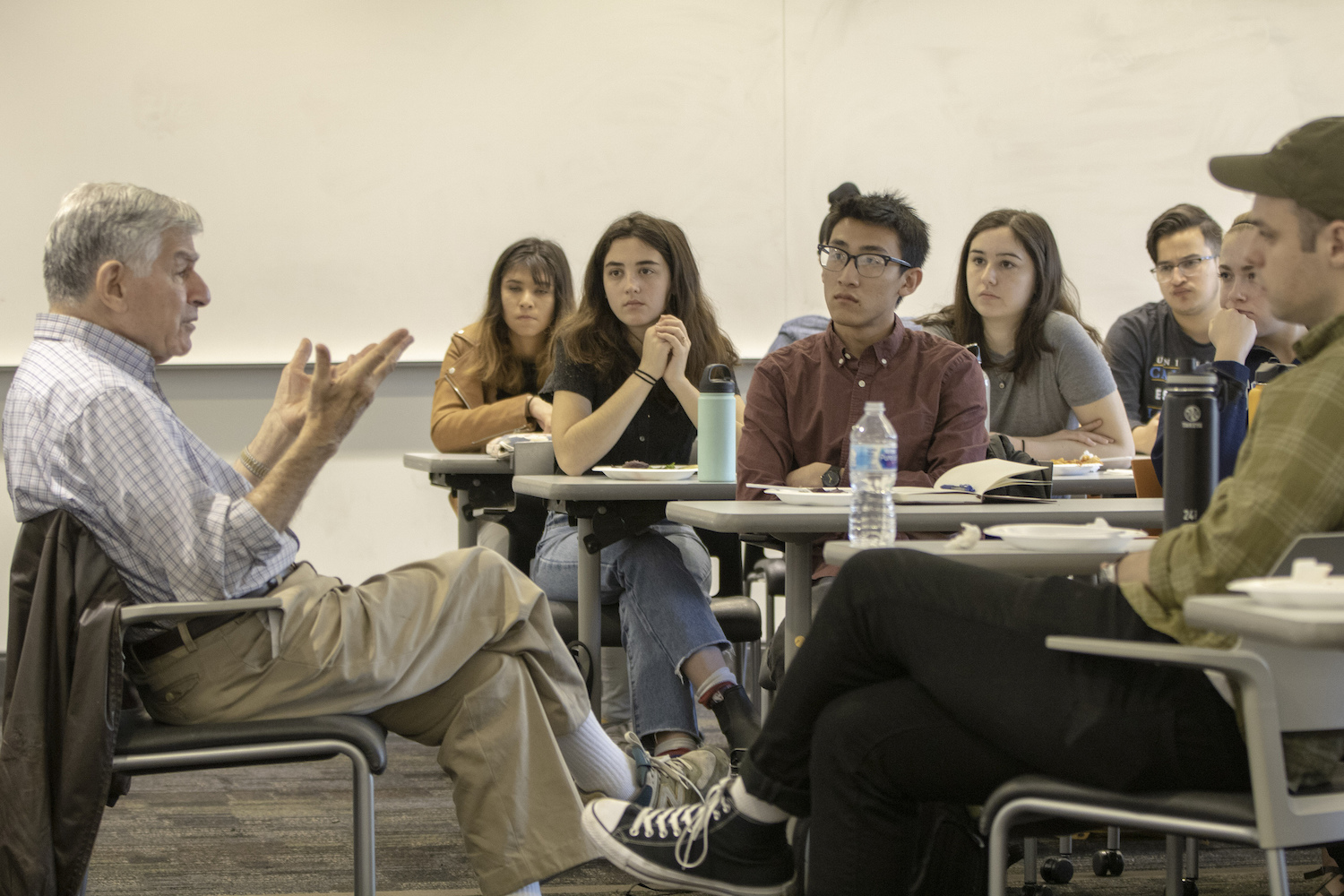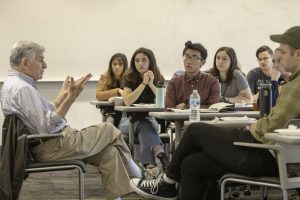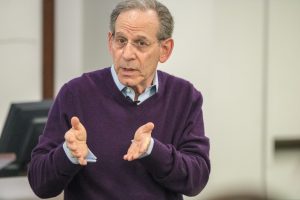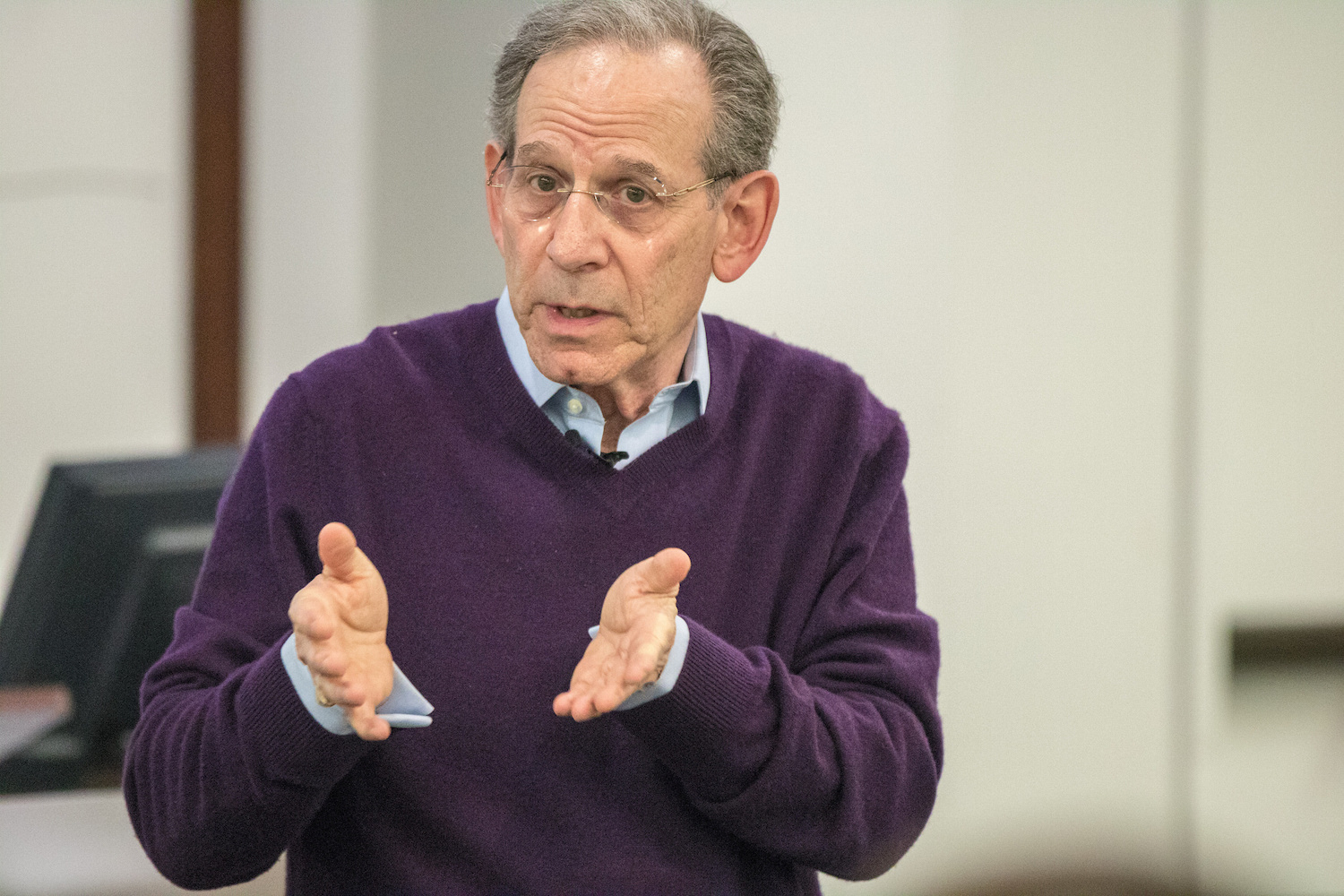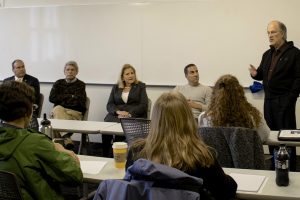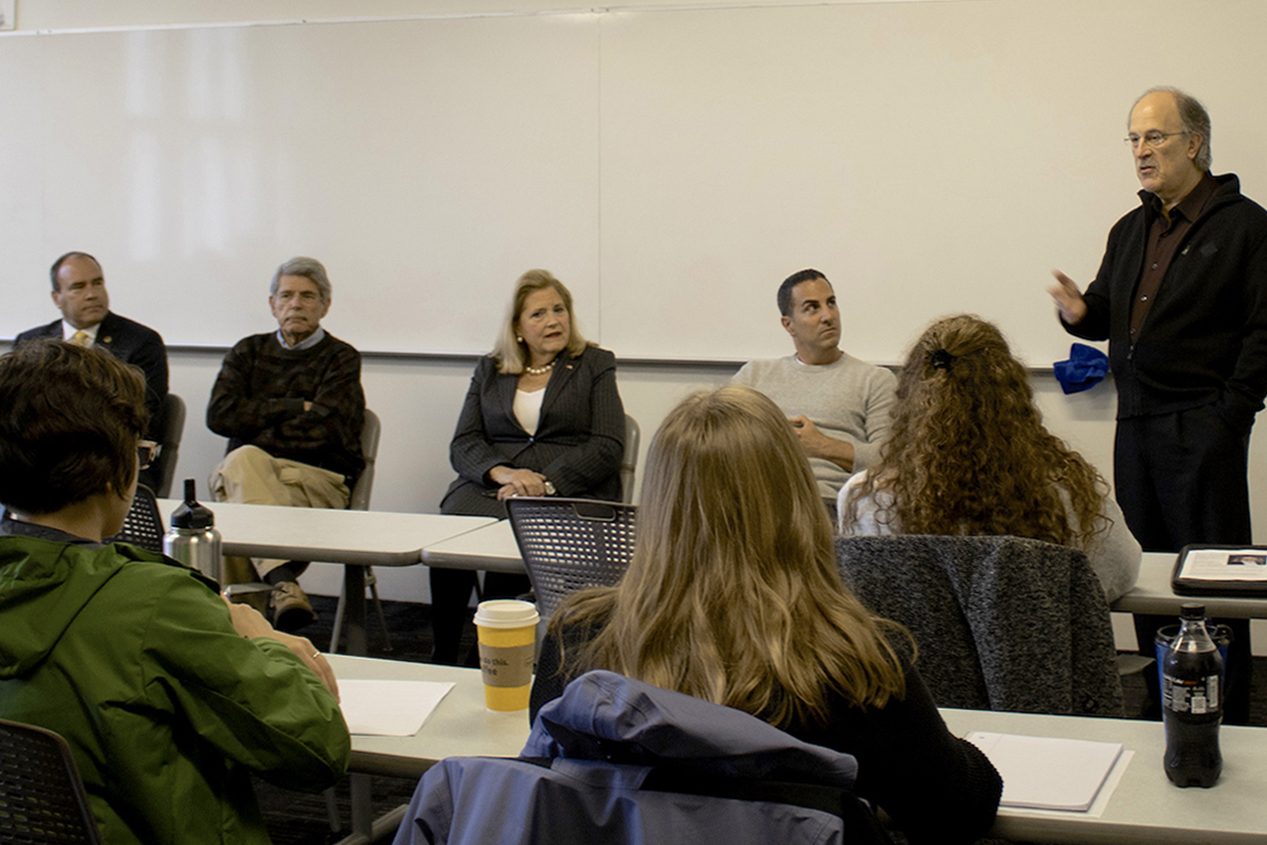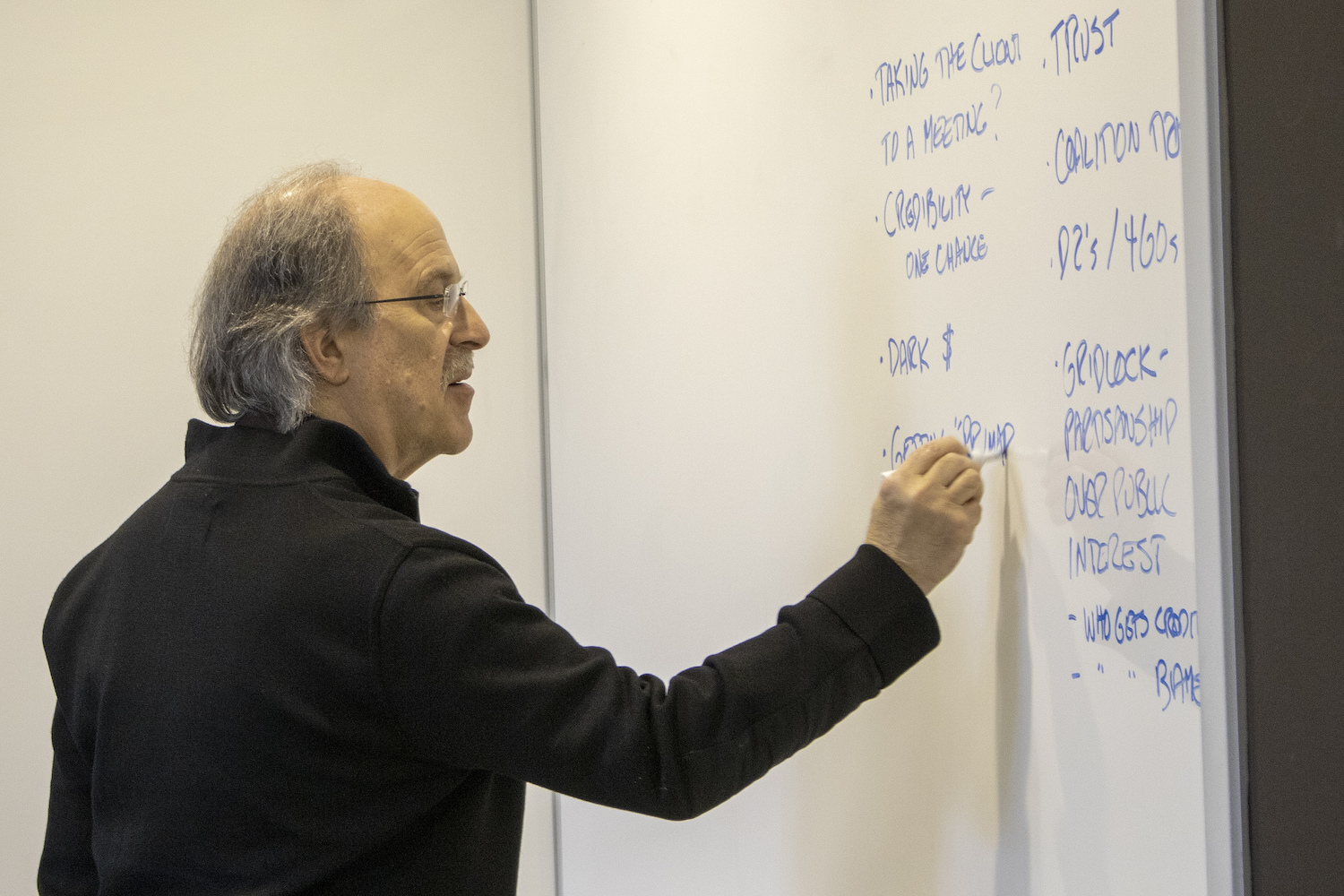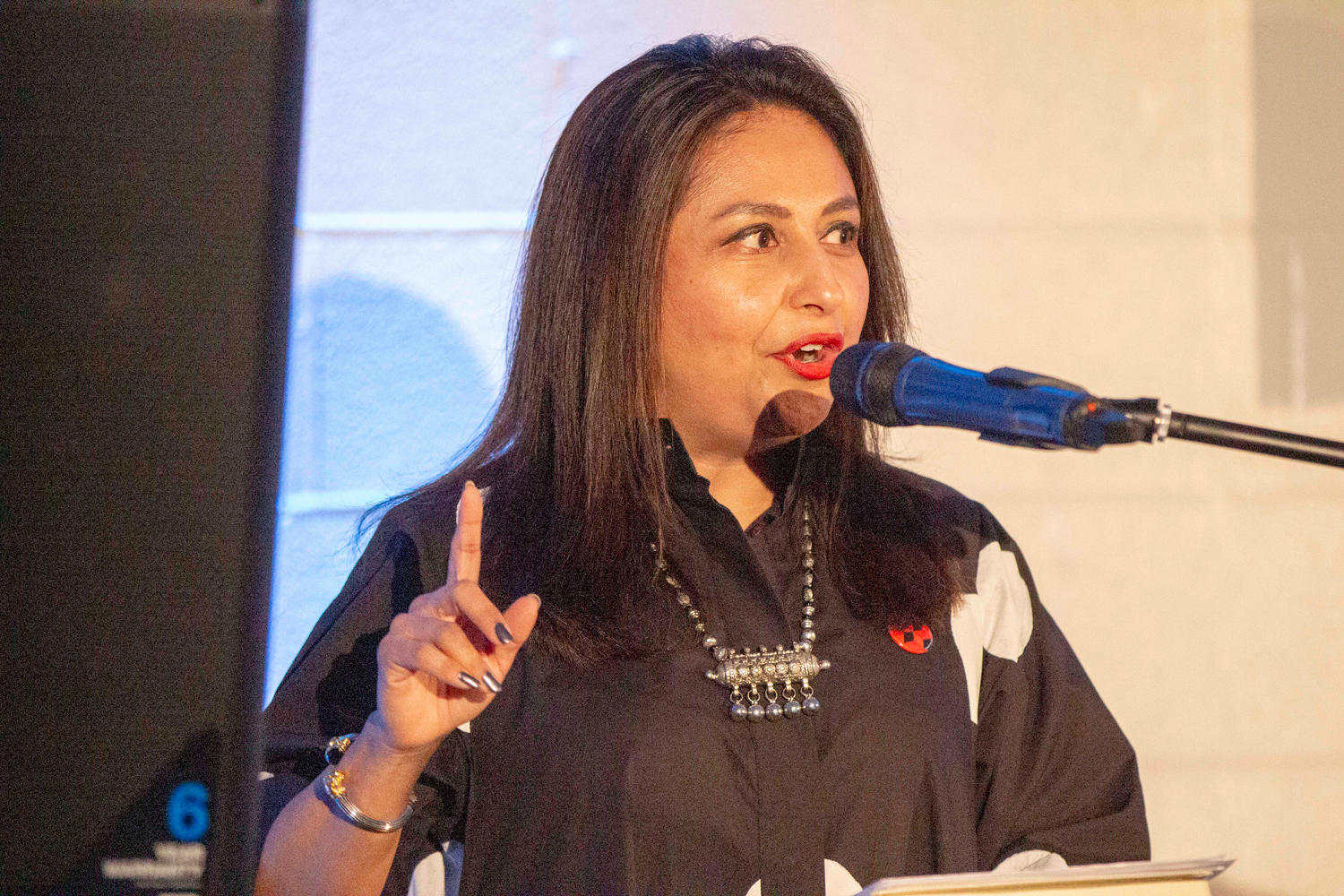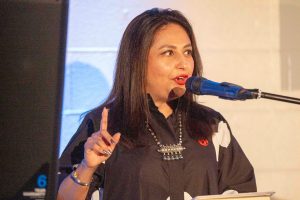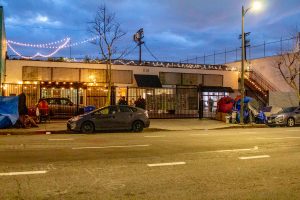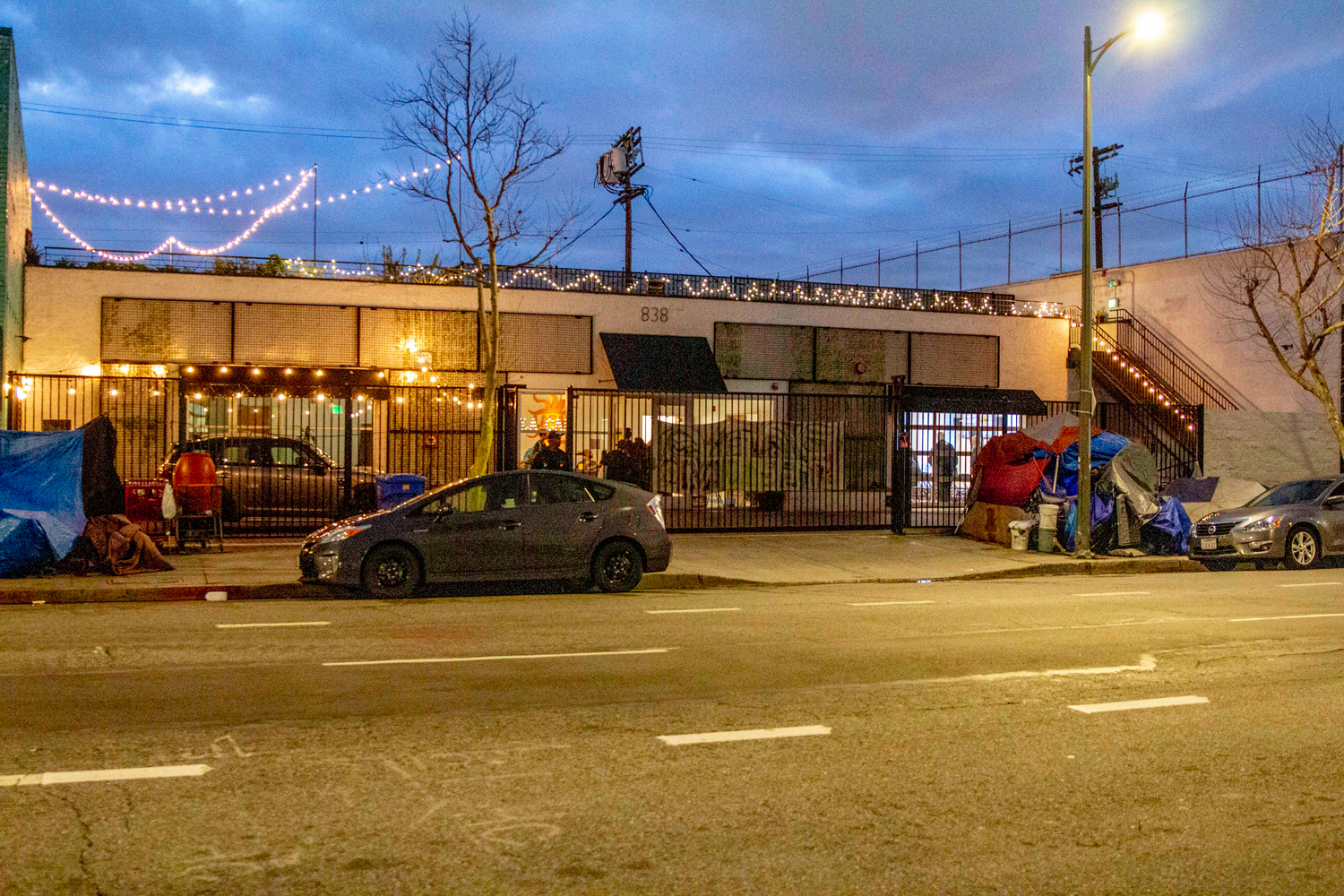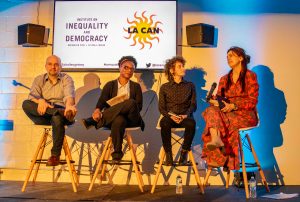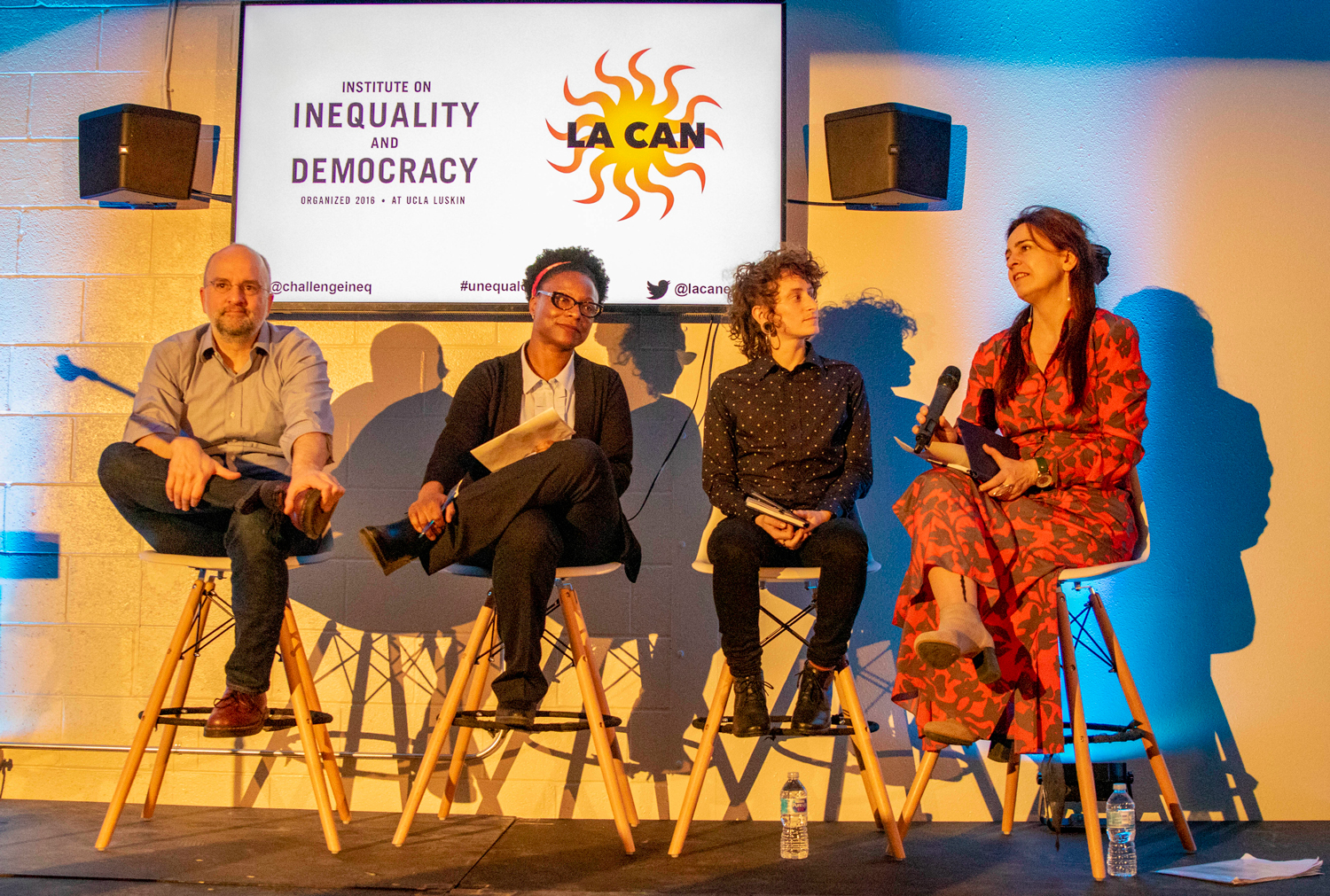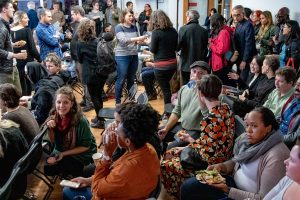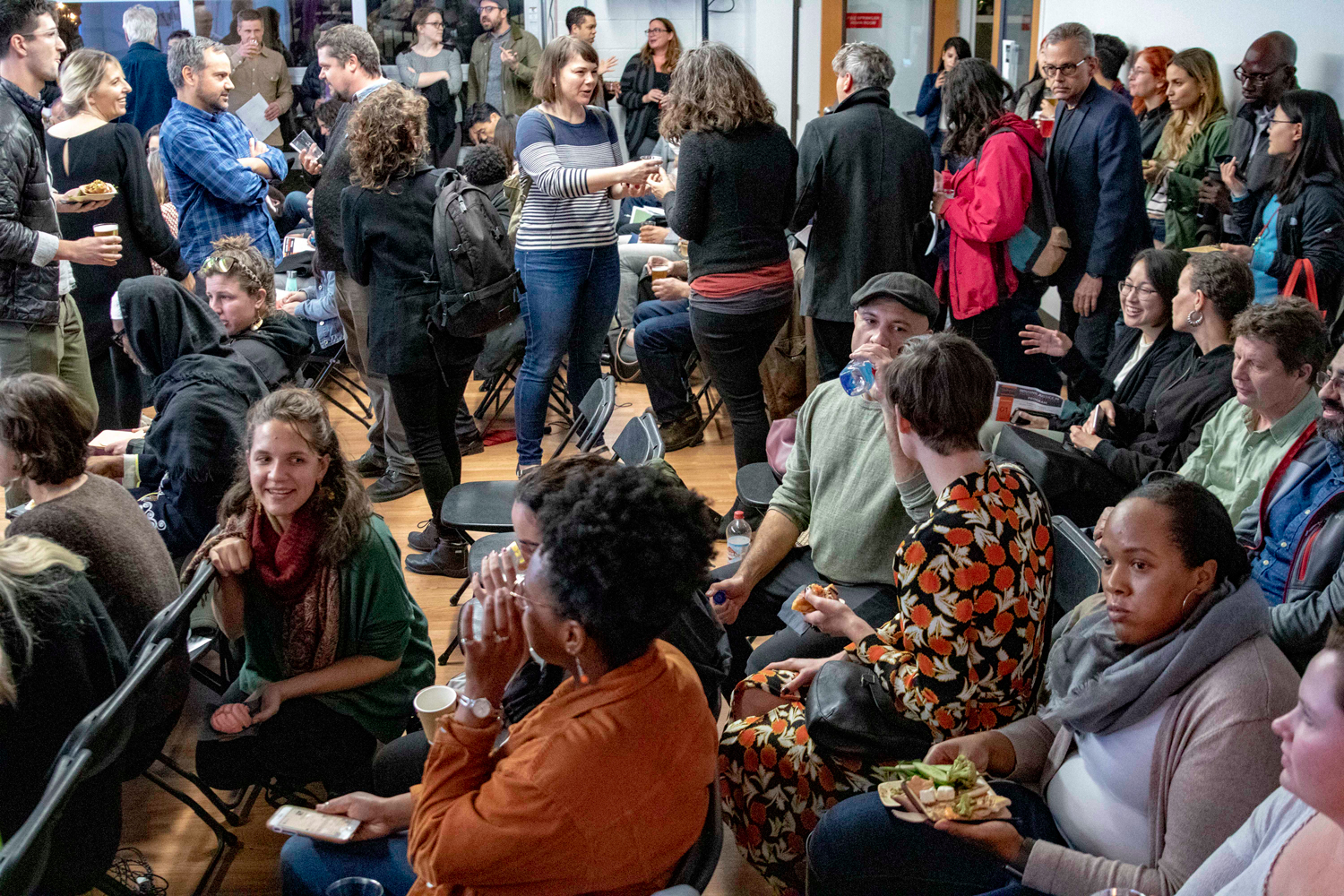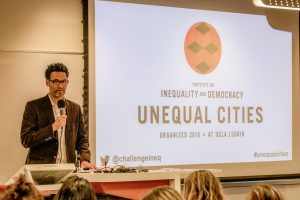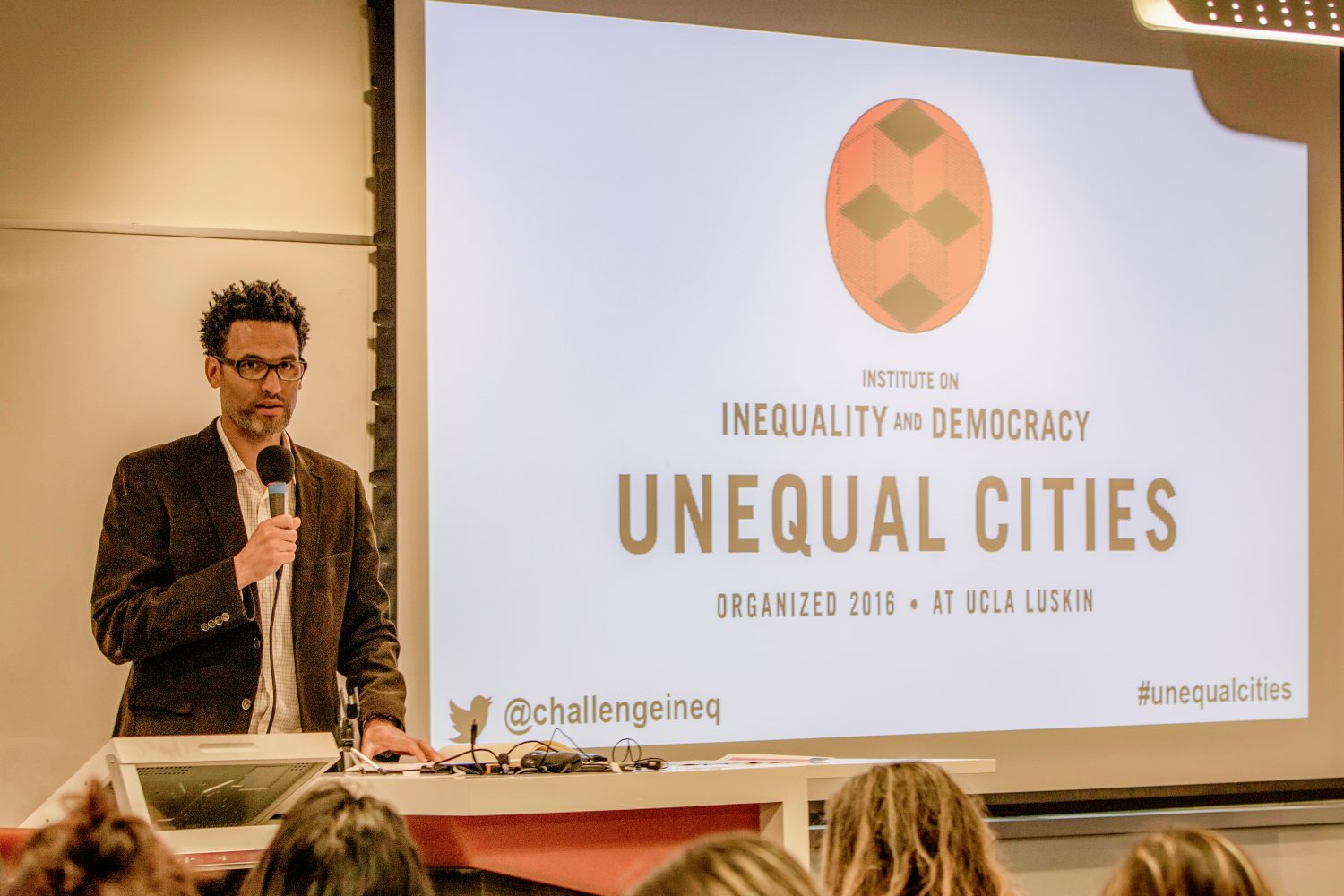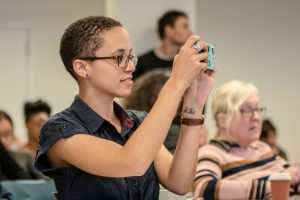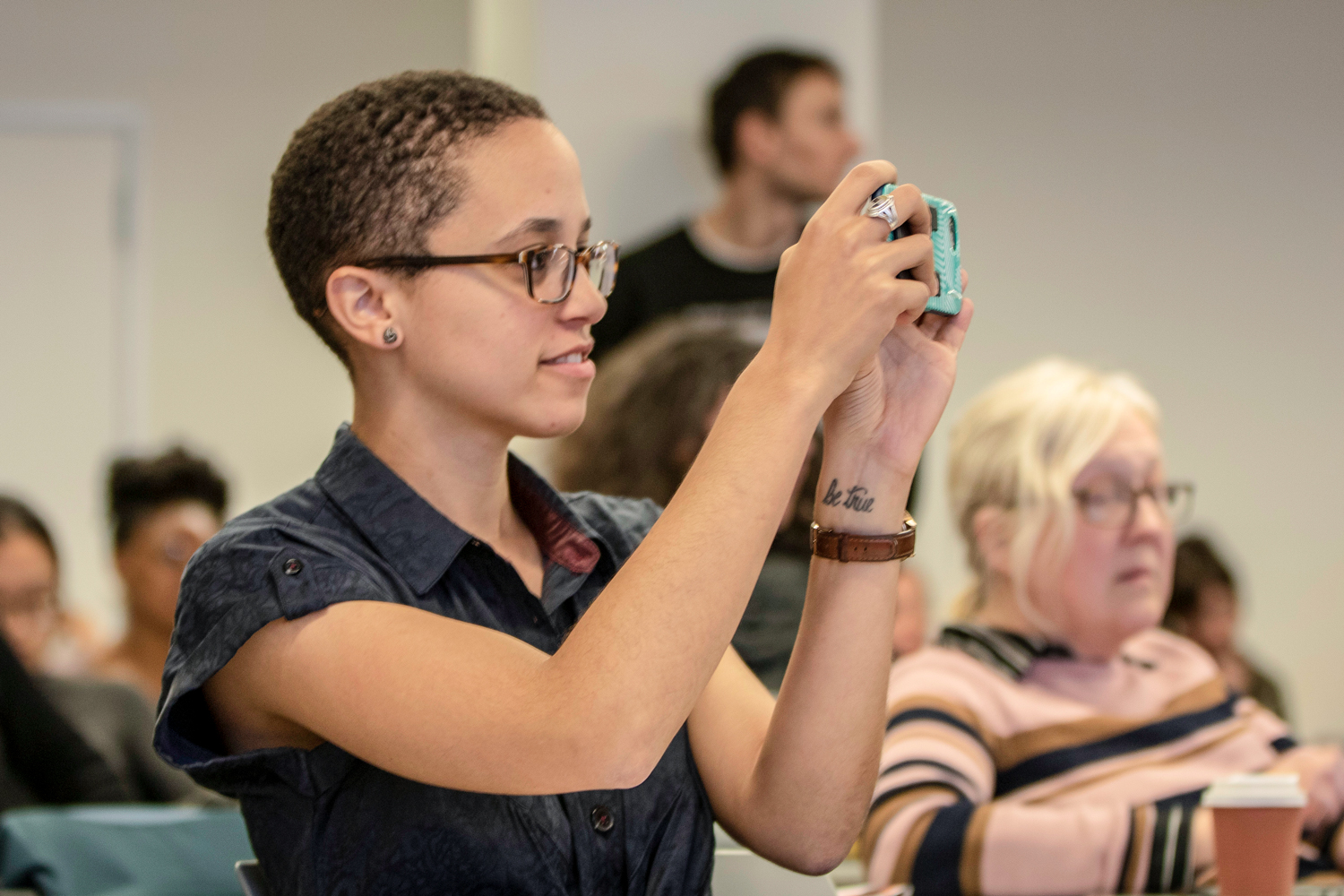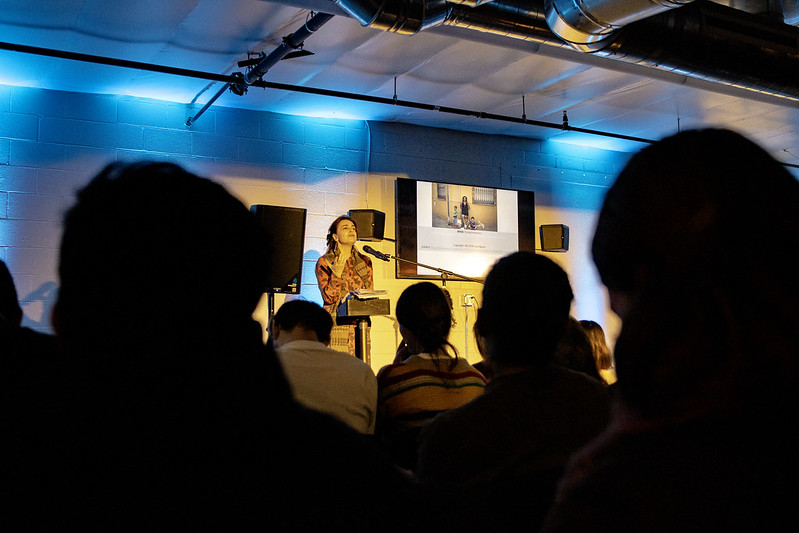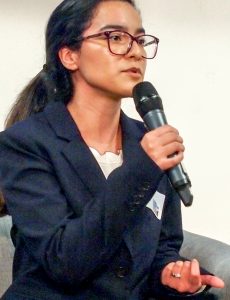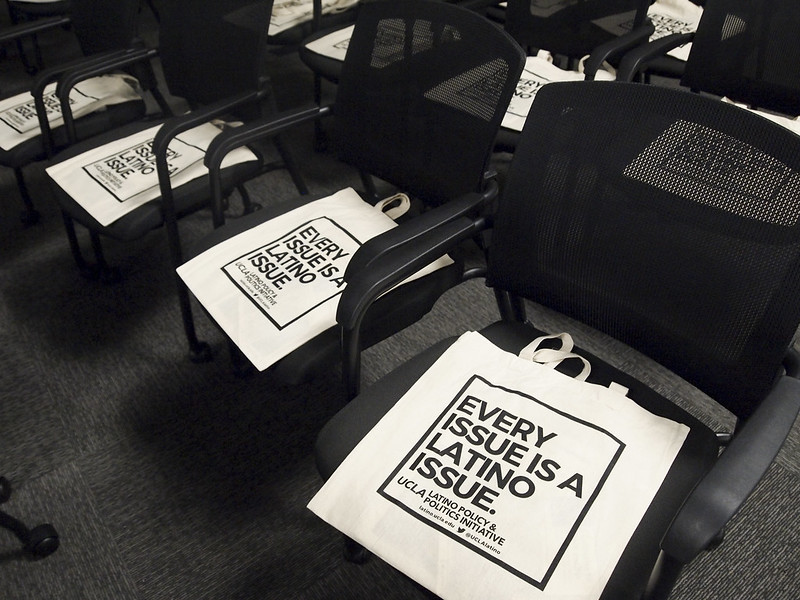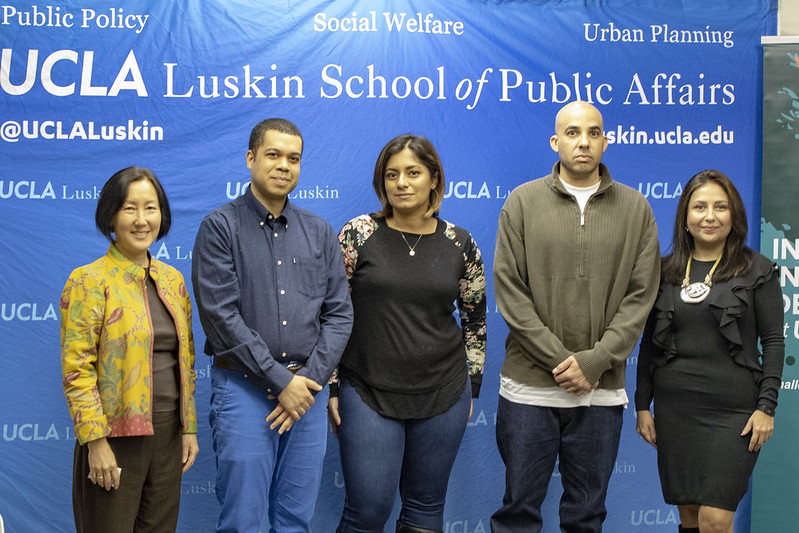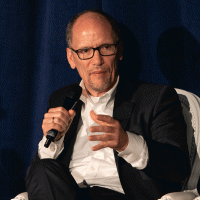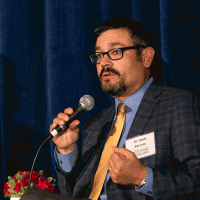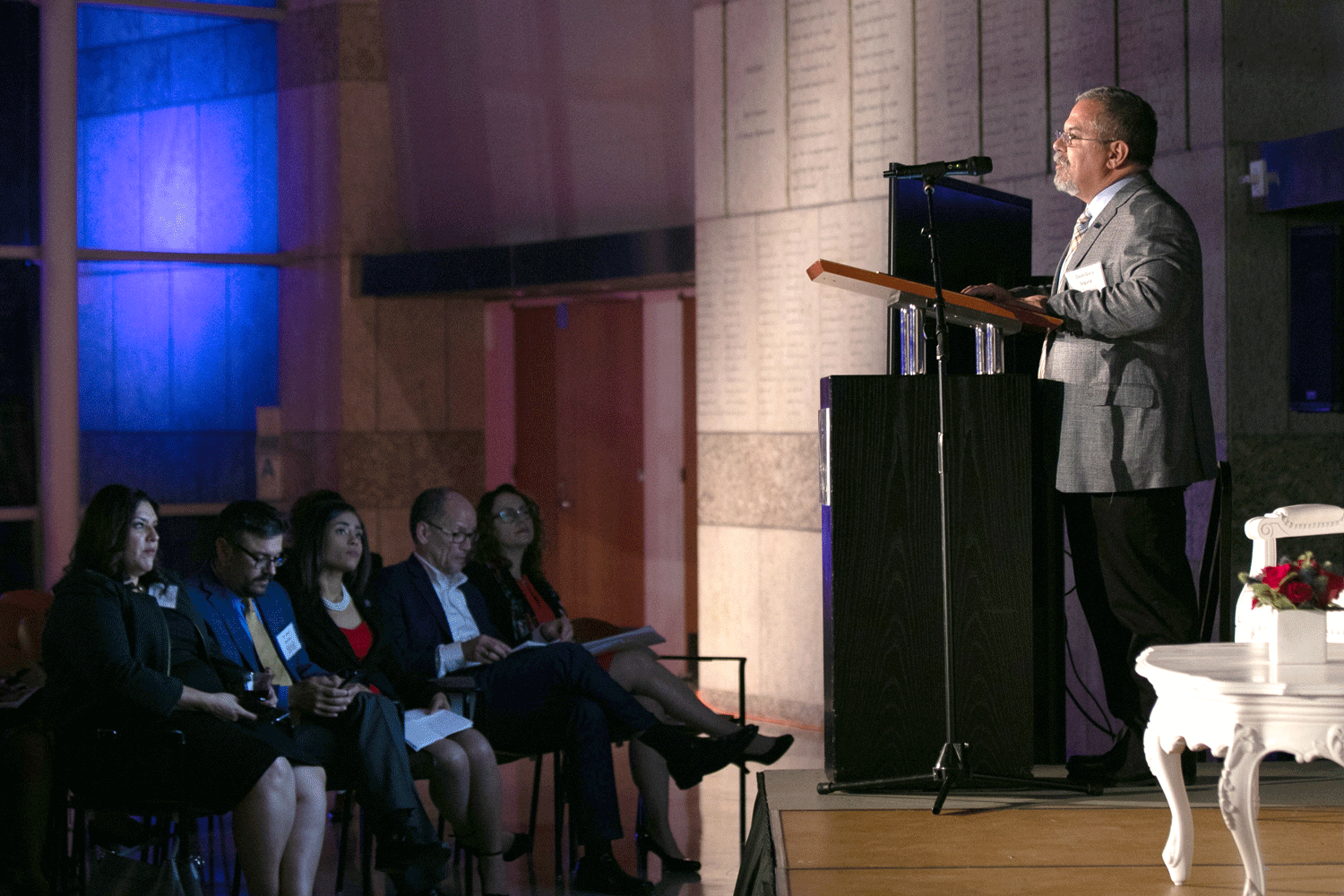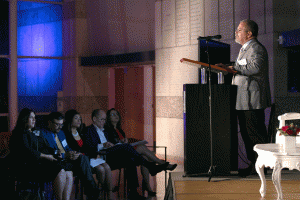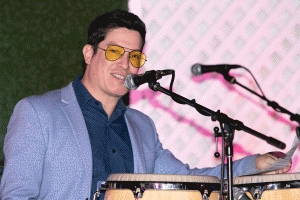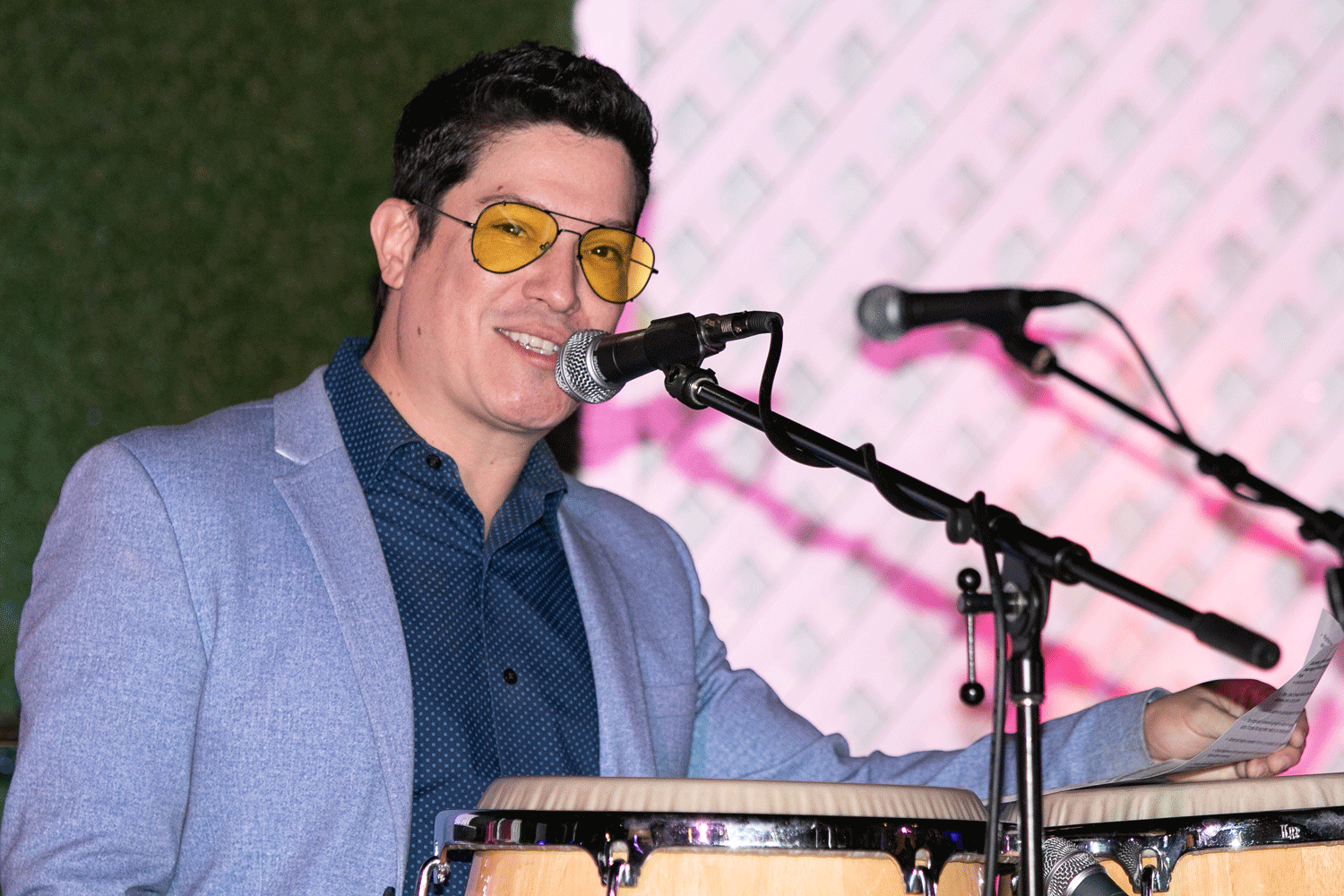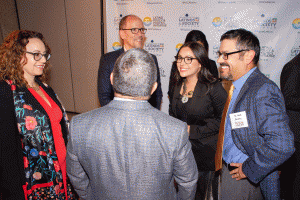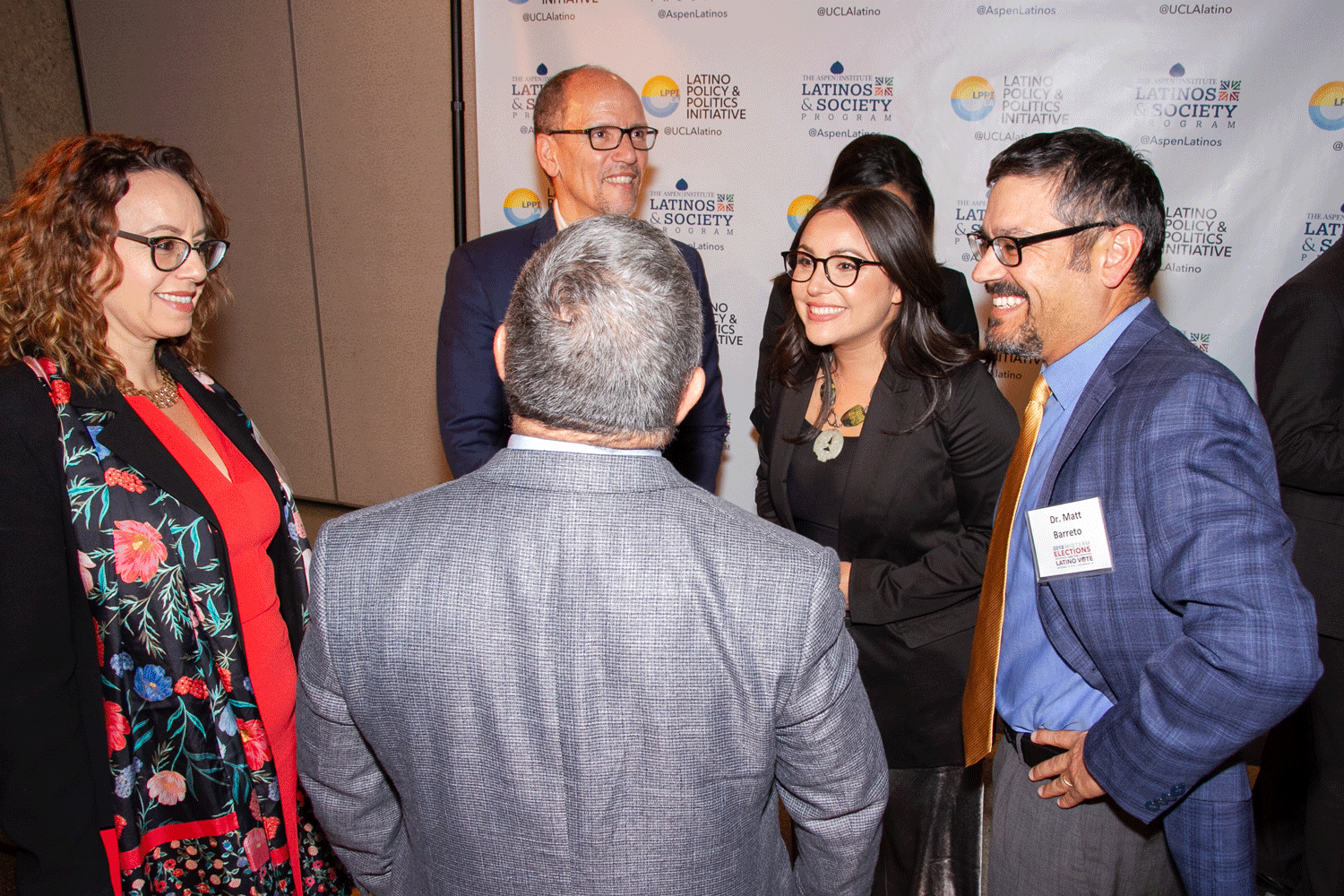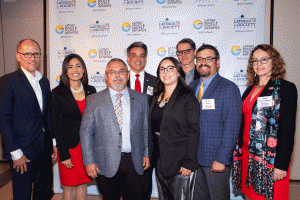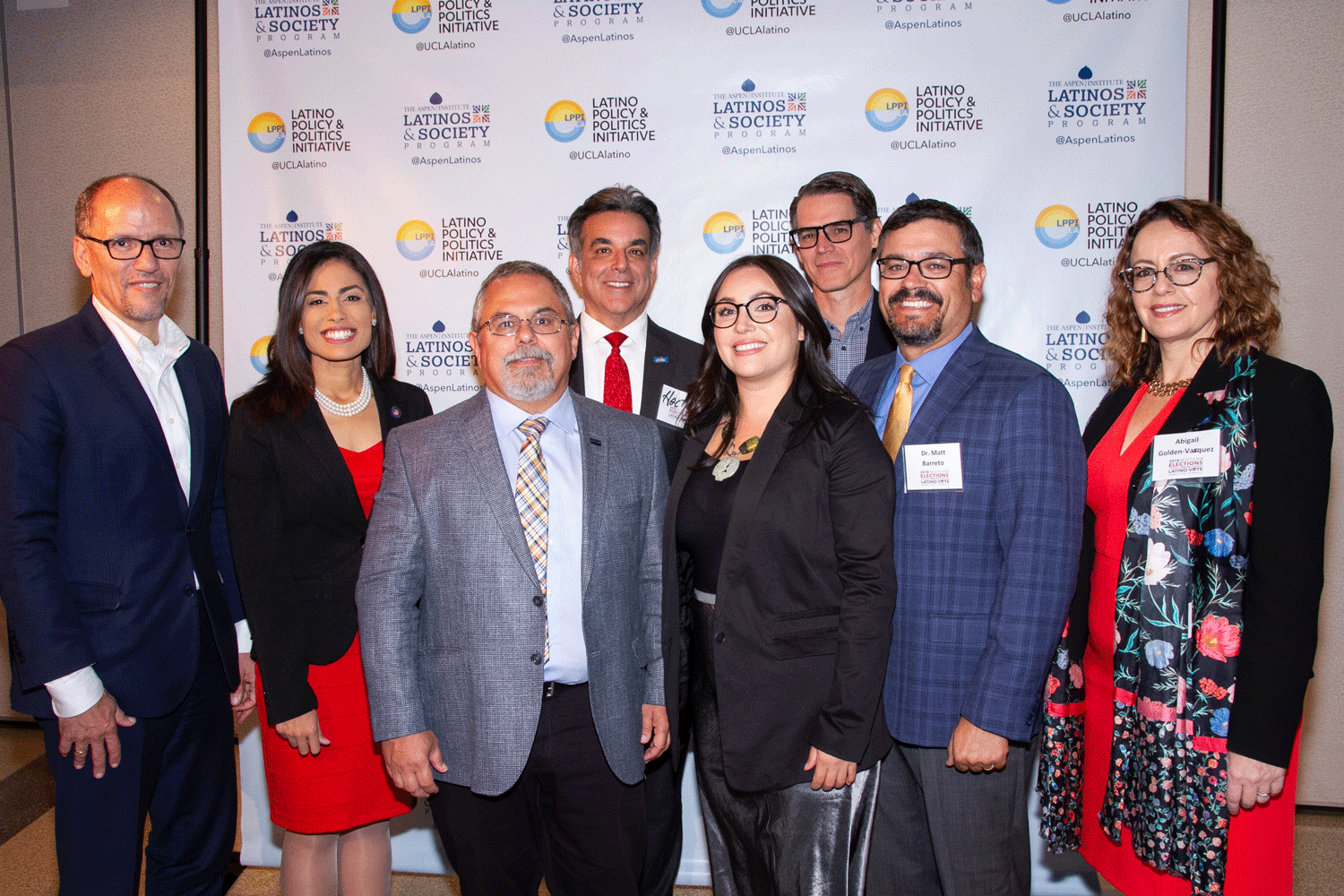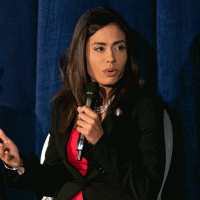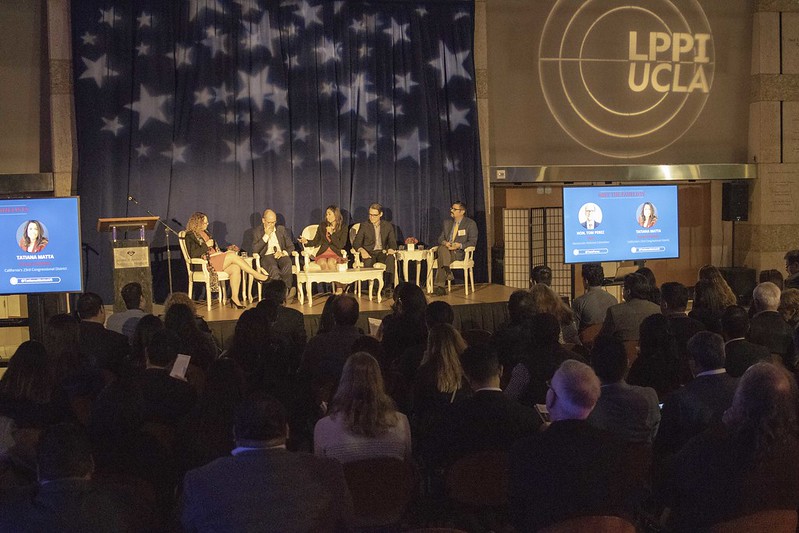Law Conference Explores Latinos and Criminal Justice Daylong event focuses on impact of bias and stereotyping within the legal system on outcomes for Latinos
By Gabriela Solis
A recent UCLA conference sought to fill a knowledge gap about how Latinos interact with the criminal justice system.
With themes such as policing of Latinx communities, community organizing, adjudication and norms, ethics and constitutional culture, the Feb. 8, 2019, conference held at the UCLA School of Law combined the resources of the UCLA Latino Policy and Politics Initiative (LPPI), UCLA Law Review and the Bruin X Office of Equity, Diversity and Inclusion. Community advocates, scholars, staff, undergraduates and graduate students heard from a variety of experts, including several UCLA faculty members associated with LPPI.
The first panel, moderated by UCLA Law Professor Laura Gómez, sought to establish the context for discussion of Latinos and the criminal justice system.
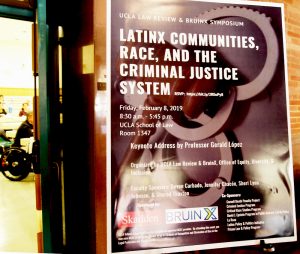
“Latino-ness is very contingent,” said Victoria Plaut, professor of law and social science at UC Berkeley, referring to common generalizations about their characteristics. “Latinos are hardworking but lazy; family-oriented but not warm.”
Plaut, a clinical psychologist, shared findings from her research of the psychological processes relevant to diversity and inclusion in legal, educational and workplace settings to highlight the beliefs that often frame Latino experiences.
The panel included Matt Barreto, professor of political science and Chicana/o studies, and Kelly Lytle Hernández, professor of history and African American studies. They spoke about the importance of collecting both qualitative and quantitative data, especially because data from criminal justice entities can be unreliable and inconsistent.
Another panel, moderated by Law Professor Jennifer Chacón, focused on the policing of Latinx communities. During this panel, Amada Armenta, assistant professor of urban planning, shared her expertise on this issue, the subject of her award-winning book “Protect, Serve and Deport: The Rise of Policing as Immigration Enforcement.” Armenta’s ethnographic research in Nashville, Tennessee, studied the role of local law enforcement agencies in immigration enforcement. She described how the logic and culture of policing negatively affected Latino immigrant neighborhoods. Police were incentivized to make as many stops as possible and pull over as many people as possible, Armenta said.
Sonja Diaz, executive director of LPPI, moderated a panel that explored successful methods of organizing communities to change laws, with a focus on direct democracy as a vehicle for criminal justice reform.
Panelist Juan Cartagena, president and general counsel of LatinoJustice PRLDEF, shared his successful experiences with Florida’s Proposition 4, the Voting Rights Restoration for Felons Initiative. Passage of the initiative restored the right to vote for people in Florida with prior felony convictions.
Cartagena stressed that it is important for individuals with personal experience to participate as leaders in a movement. He also urged organizers to think strategically about how to frame the problem, which he said was essential in the Florida campaign’s victory. The campaign’s focus on second chances resonated well with Florida voters, Cartagena said.
All panels provided a unique perspective on how Latinos fare in the criminal justice system — a sorely under-researched topic, especially by legal scholars.
Learn more about Latinos and the criminal justice system.
